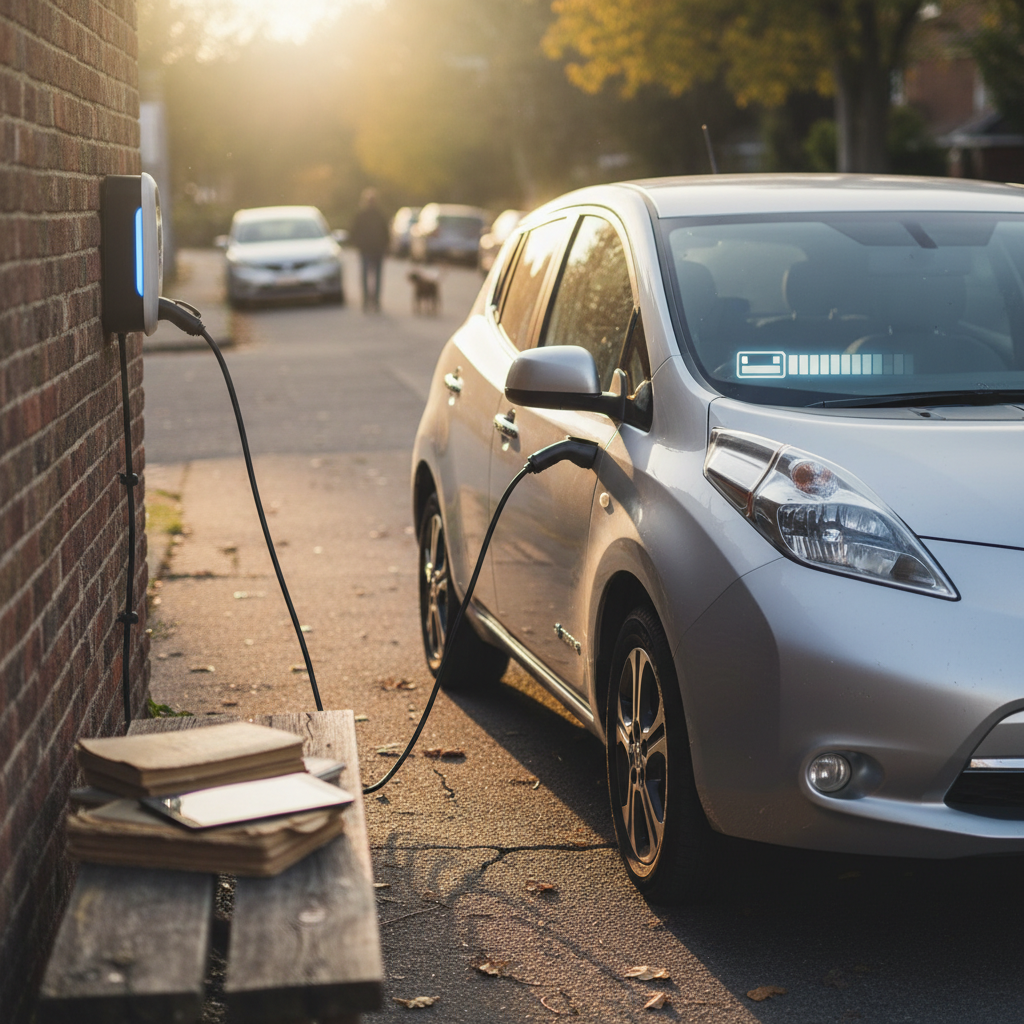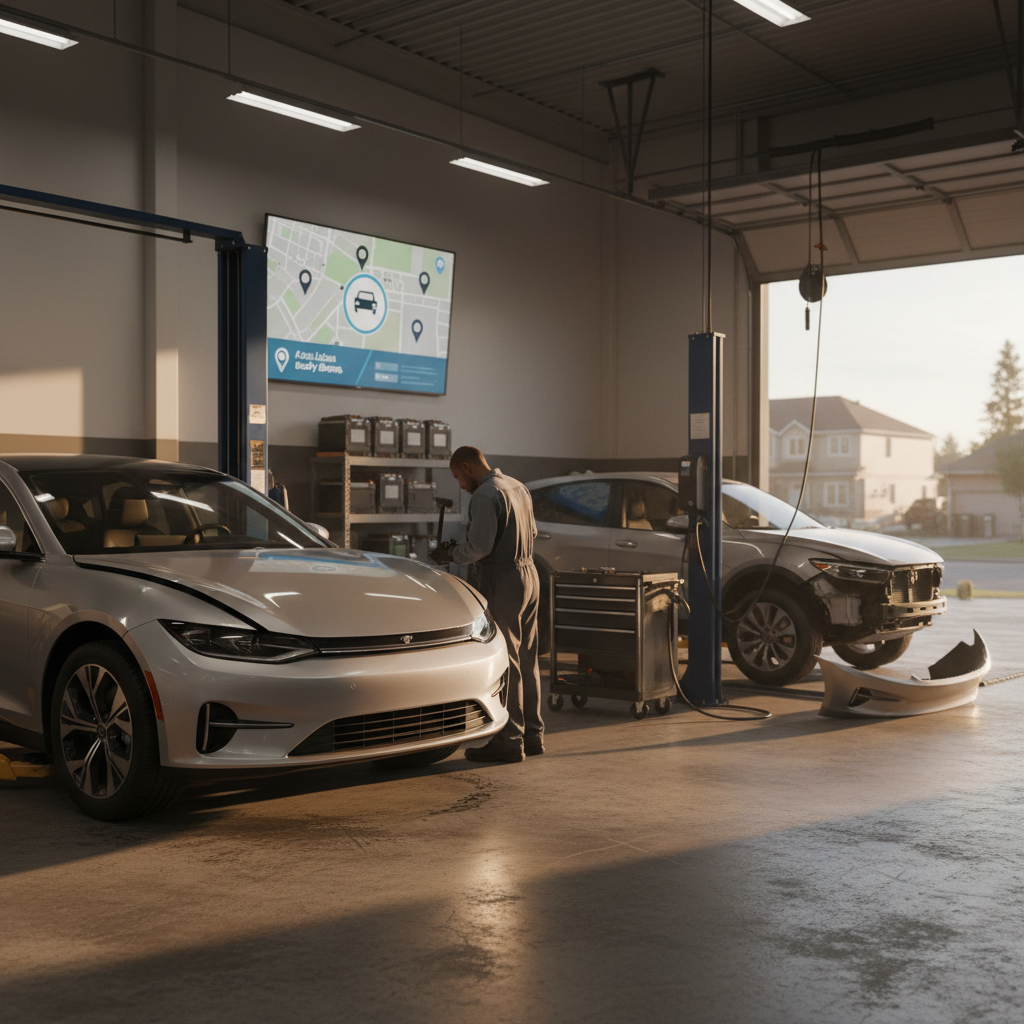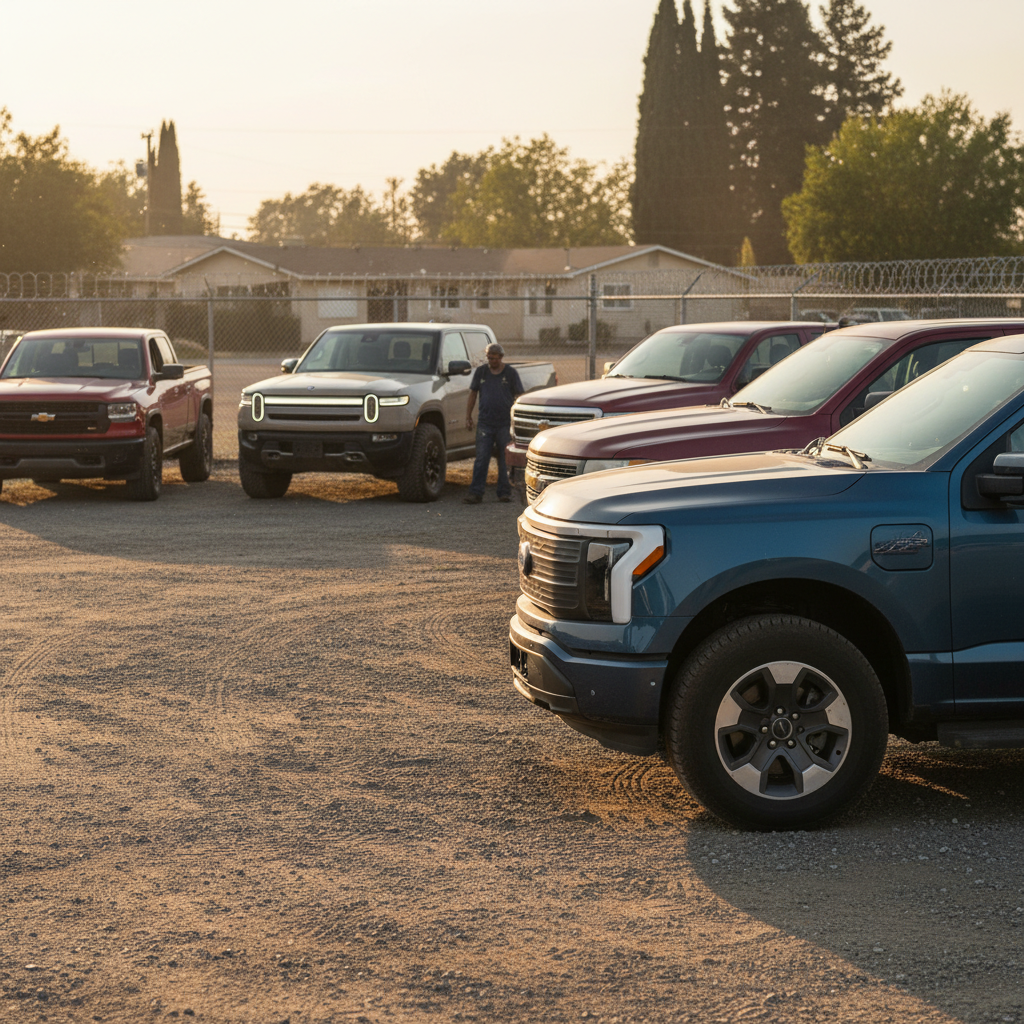If you’re searching for used compact cars for sale near me, you’re not alone. With new-vehicle prices hovering around record highs and the average three‑year‑old used car now topping $30,000 in the U.S., a well‑chosen compact can still deliver solid value, great fuel economy, and easy parking, without wrecking your budget.
What counts as a compact car?

Why used compact cars make sense in 2025
The current small‑car landscape
Compact cars shine in total cost of ownership. They’re lighter, use smaller engines (or batteries), and typically cost less to insure. Even though overall vehicle ownership costs remain high, small cars help you fight back with lower fuel use and cheaper tires, brakes, and routine service. In an era when crossovers and trucks dominate showroom floors, smart shoppers quietly scoop up compact sedans and hatchbacks and pocket the savings.
Tip: Think monthly cost, not just price
Gas vs hybrid vs electric compact cars
Gas compact
- Lowest purchase price in most markets
- Easy to fuel anywhere
- 30–40 mpg is common
- More moving parts = more maintenance over time
Hybrid compact
- Best blend of price and efficiency
- Excellent city mpg; no plug required
- Great choice if you drive a lot but can’t plug in at home
- Battery packs are typically very reliable but still worth checking
Electric compact (EV)
- Very low fuel and maintenance costs
- Great for commuters with home or workplace charging
- Range varies widely by model and age
- Battery health and charging access are critical factors
Watch public charging costs
Most reliable used compact cars to look for
When you’re filtering listings for used compact cars for sale near me, you’ll see a sea of badges. Some stand out for long‑term dependability and low running costs. Here are widely recommended nameplates that routinely top reliability studies and three‑year‑old used‑car rankings.
Popular reliable used compact cars
Approximate used‑market price ranges in 2025 for typical, well‑equipped models in good condition. Actual prices will vary with mileage, trim, options, and your local market.
| Model | Type | Why it’s a smart buy | Typical used price (USD) |
|---|---|---|---|
| Honda Civic | Gas / hybrid | Excellent reliability, strong resale, lots of parts and service options. | $17,000–$28,000 |
| Toyota Corolla / Corolla Hybrid | Gas / hybrid | Legendary durability, simple to own, efficient even in base trims. | $15,000–$25,000 |
| Mazda3 | Gas | Sporty feel with near‑Honda reliability and upscale interiors. | $15,000–$24,000 |
| Honda Fit (used) | Gas hatchback | Huge interior space for its size, great city fuel economy. | $14,000–$22,000 |
| Kia Rio / Hyundai Accent | Gas | Budget pricing with decent reliability if maintained well. | $12,000–$20,000 |
| Volkswagen Golf | Gas hatchback | Comfortable, refined ride; prioritize models with full service history. | $14,000–$22,000 |
| Toyota Prius / Prius Prime | Hybrid / plug‑in | Technically compact, legendary efficiency, used by countless high‑mileage drivers. | $20,000–$27,000 |
Use this table as a starting point, then compare against real listings near you.
Shortlist strategy
How much should a used compact car cost near you
Nationally, the average three‑year‑old used vehicle now sits just over $30,000, but small cars often fall well below that. A mainstream compact sedan or hatchback that’s three to five years old commonly lands in the mid‑teens to low‑$20,000s, depending on mileage and trim. High‑spec models, turbo engines, or advanced safety packages can push prices higher.
Quick price reference for used compacts
Your local market and vehicle condition will move these numbers up or down, but this gives you a realistic ballpark.
Budget tier
Under $12,000
- Older than 7–8 years or higher mileage (100k+)
- Focus heavily on maintenance history
- Good hunting ground for basic, reliable transportation
Value sweet spot
$12,000–$20,000
- Roughly 4–7 years old with moderate miles
- Often still within extended warranty window
- Best mix of price, age, and features
Late‑model & loaded
$20,000–$28,000+
- Newer, well‑equipped compacts or hybrids
- Advanced driver‑assist tech and nicer interiors
- Consider whether a bigger vehicle at similar money fits your needs better
How to judge a fair price
How to find used compact cars for sale near you
Typing used compact cars for sale near me into a search bar is just the start. The best deals often come from combining online tools, local knowledge, and a bit of patience. Here’s how to cover your bases without spending your entire weekend driving from lot to lot.
Four reliable ways to hunt for local compact cars
Use at least two of these methods so you don’t miss good inventory.
Online marketplaces
Search by body style, price, mileage, and distance. Save searches and enable alerts so new compact listings hit your inbox automatically.
Franchise & independent dealers
Dealers often certify low‑mile compacts and can arrange financing, trade‑ins, and protection plans in one visit.
Private sellers
Sometimes cheaper, with more negotiation room. You’ll need to handle paperwork and inspections yourself.
EV‑focused platforms
For used electric compacts, EV specialists like Recharged provide battery health reports, nationwide delivery, and expert guidance.
Search checklist before you visit any car
1. Set your non‑negotiables
Decide on must‑haves like transmission type, minimum mpg or range, number of doors, and maximum budget. This prevents you from falling for a car that doesn’t actually fit your life.
2. Filter aggressively online
Filter by year, mileage, price, and distance so you’re evaluating 10–20 realistic candidates, not 200 random results.
3. Read the photos like a detective
Zoom in on panel gaps, tire wear, interior condition, and any “check engine” or warning lights in dash photos. Sloppy presentation often hints at sloppy maintenance.
4. Compare VINs and descriptions
Make sure the VIN in photos matches the listing and that the description isn’t hiding accident history or salvage branding.
5. Shortlist 3–5 cars
Plan to see a few cars in one outing rather than jumping on the first thing you find. Comparing back‑to‑back sharpens your eye.
Inspecting a used compact car like a pro
You don’t need to be a master technician to spot red flags. A systematic approach will protect you from most bad apples and help you feel confident when you sign on the dotted line.
At‑a‑glance exterior & interior check
- Body panels & paint: Look for mismatched paint, uneven panel gaps, and overspray, signs of collision repairs.
- Tires: Uneven wear suggests alignment or suspension issues. Replacing four tires can cost $500–$800.
- Glass & lights: Check for cracks, moisture inside headlights, or dim lamps.
- Interior condition: Excessive wear on the driver’s seat, steering wheel, or pedals can indicate higher mileage than the odometer shows.
Mechanical and test‑drive basics
- Cold start: Engines should start quickly without loud rattles or smoke from the exhaust.
- Transmission: Shifts should be smooth and predictable, with no jerks or delays.
- Steering & brakes: The car should track straight, with no vibrations under braking.
- Warning lights: No check‑engine, ABS, or airbag lights should remain on once the car is running.
Always get a pre‑purchase inspection
Used compact EVs and why battery health matters

Used electric compacts like the Nissan Leaf, Chevy Bolt EV, and Hyundai Kona Electric can be tremendous bargains because many buyers still underestimate them and worry about batteries. That concern is understandable: the traction battery is the single most expensive component in an EV. The good news is that many EV batteries age more gracefully than early headlines suggested, if they’ve been treated well and not fast‑charged constantly.
Key questions to ask about any used compact EV
You’re not just buying a car, you’re buying the battery pack that powers it.
How healthy is the battery?
Ask for a quantitative battery‑health report, not just “it seems fine.” On Recharged, this is built into the Recharged Score for every EV, so you can see real capacity versus original.
How was it charged?
Regular home Level 2 charging is ideal. Heavy fast‑charging and constant 100% charges can accelerate degradation.
Does the range fit your life?
Match real‑world range (with some margin) to your commute, climate, and road‑trip plans. A 150‑mile car can be perfect for a 40‑mile round‑trip commute with home charging.
How Recharged helps with used EVs
Financing and trade‑in strategies for small cars
Even a modestly priced compact can stretch your budget if the financing is wrong. On the other hand, smart loan terms and a fair value for your existing vehicle can make a well‑equipped Civic or electric hatch feel surprisingly affordable month to month.
Smart money moves when buying a used compact
1. Know your credit before you shop
Check your credit score and clean up any issues. Better credit usually means a lower interest rate and thousands saved over the life of a loan.
2. Compare financing offers
Get quotes from your bank or credit union and compare them to dealer or online‑platform offers. With Recharged, you can get pre‑qualified online with no impact to your credit score.
3. Bring your trade‑in numbers
Research rough trade‑in value for your current car, then get at least one firm offer. Recharged can give you an instant offer or list your car on consignment, which can put more money back in your pocket.
4. Aim for the shortest affordable term
Long loans shrink the payment but increase total interest and make it easier to go upside‑down. Pick the shortest term that delivers a comfortable monthly payment.
5. Don’t finance “wants” you don’t value
Extended warranties, wheel protection, and add‑ons can be useful, but only if they match how you’ll actually use the car. Treat each one as a separate decision, not part of the sticker price.
Frequently asked questions about used compact cars
Used compact car FAQ
Bottom line: Choosing the right compact for you
When you strip away the marketing noise, a compact car is simply a tool: a way to get where you’re going with minimal cost and hassle. In 2025, the smartest play is to start with a short list of proven models, decide whether gas, hybrid, or electric fits your life, and then shop carefully among the used compact cars for sale near you instead of chasing the latest crossover fad.
Take your time, insist on good maintenance history and a pre‑purchase inspection, and run the numbers on the total cost of ownership, not just the monthly payment. If you’re leaning toward an electric compact, letting an EV‑focused retailer like Recharged guide you through battery health, fair pricing, financing, and even trade‑in can turn a complex decision into a straightforward one. Do that, and your next compact will feel less like a compromise and more like a smart, deliberate choice that fits your budget and the way you actually drive.



